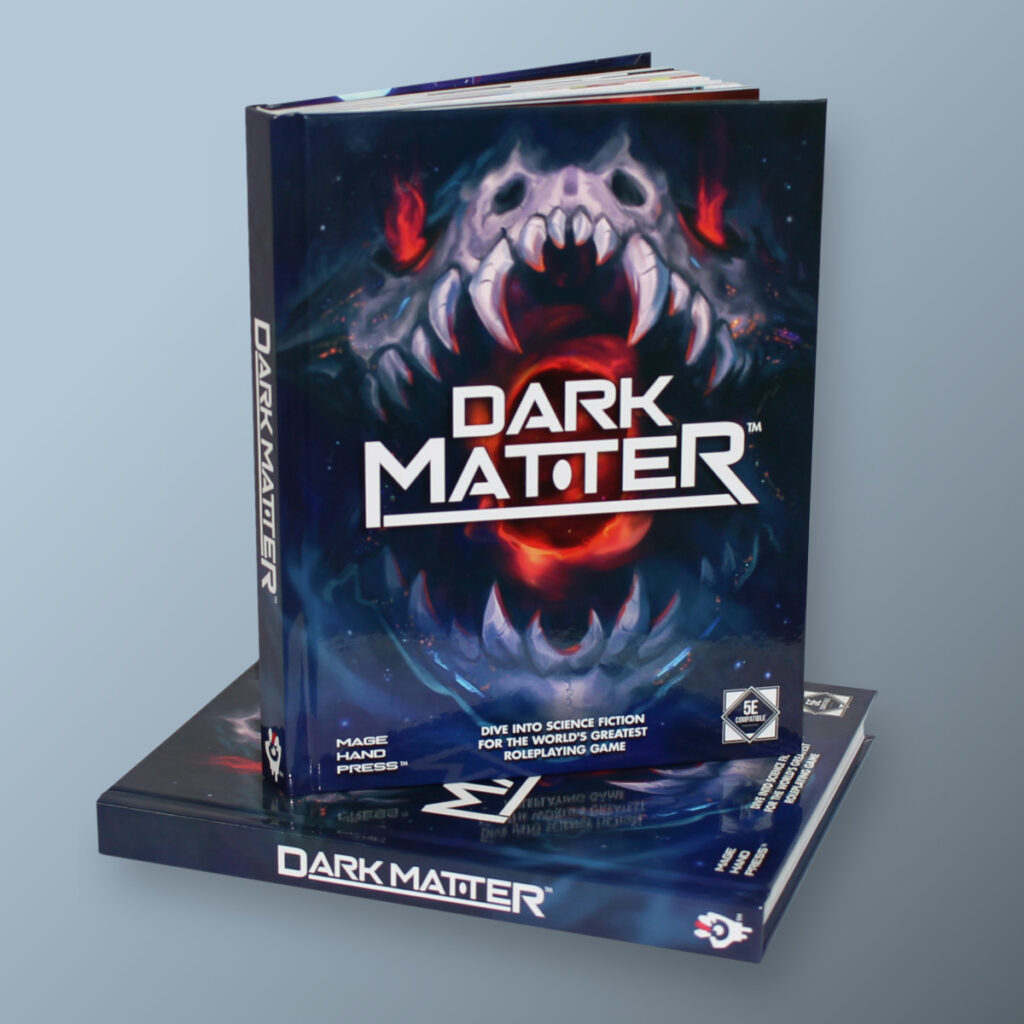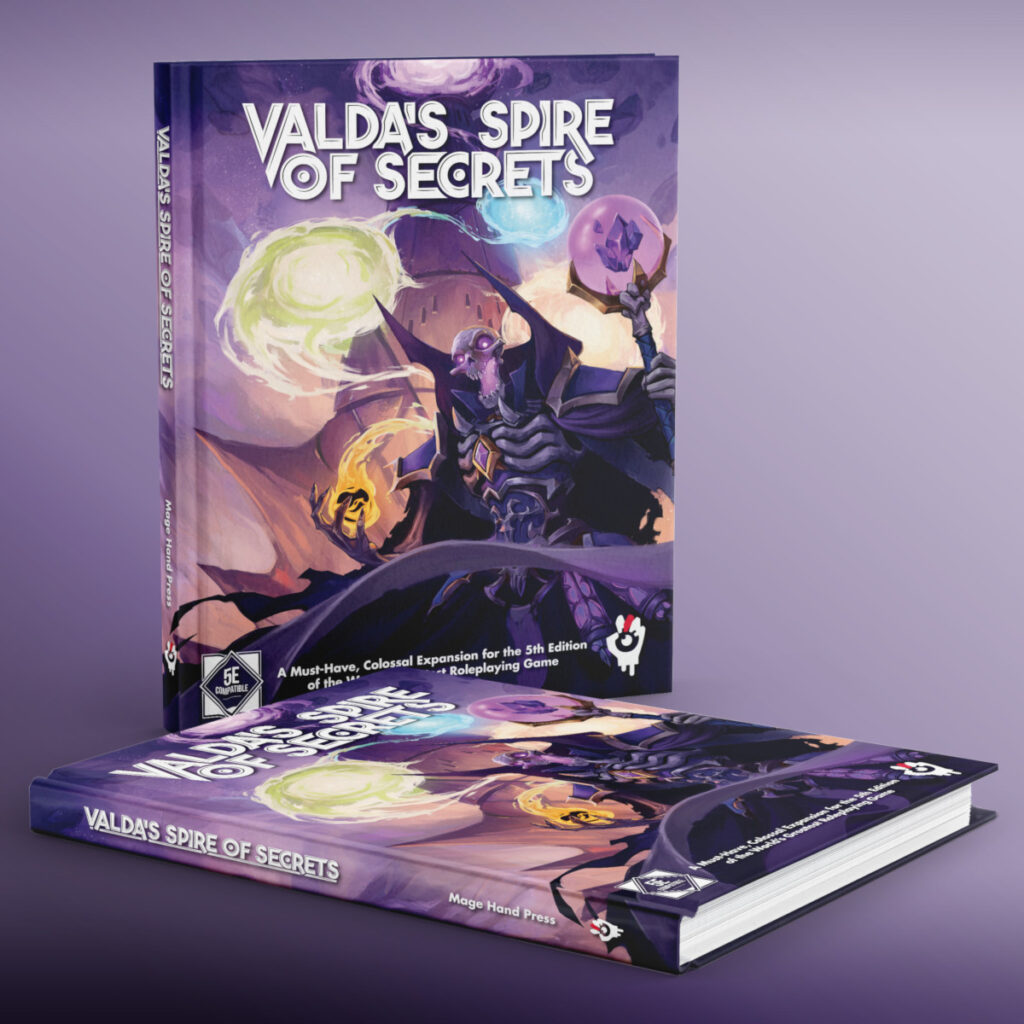Sometimes it’s easier to compare a session of D&D to an episode of Game of Thrones than it is to compare it to an episode of Supernatural. After all, sessions of D&D normally form long, climactic narratives that don’t neatly resolve in the span of one episode, and work toward campaign-spanning encounters at its conclusion. A single session is more in service of the campaign than the campaign is in service of a single session. But I think this is a weakness of conventional wisdom on writing a campaign — there is a lot to be gained from making your sessions more episodic.
Episodic
‘Episodic’ is not a word I use accidentally. I mean to invoke memories of cartoons and sitcoms which begin a conflict within one episode and conclude it at the episode’s end. Episodic adventures are great because they allow players to feel definitive progress after every session, and to make that progress in more discreet chunks. By contrast, in a very long-form campaign, some sessions don’t accomplish much at all, and other sessions contain huge events of narrative significance, tying up loose ends and starting entire new plot threads all at once. This type of whiplash progress can be difficult to digest, and can lead to narratively necessary slow periods before large climaxes, which might bore players away from the table. In TV as in gaming, episodic is better for people with shorter attention spans.
How to Write an Episodic Session
Episodic sessions have a single strong narrative arc which should be instigated and resolved within the single session. This means when you plot out how you would like the session to go, you need to consider the session’s beginning, middle, and end. What launches today’s adventure? What compounds the conflict? What way are the characters likely to solve this conflict?
Larger forces might be at work in your campaign, but each session should focus on a single conflict to be resolved. This can be as simple as “there is a dragon attack” or as complicated as “a number important officials have been impersonated by doppelgangers”, but the players should be able to take a serious bite out of the problem in one sitting. In the dragon example, the session might consist of simply traveling to the dragon’s lair and dealing with all the hazards of the mountainous terrain, including the trolls which have made their home there. You can then spend an entire session on finding and slaying the dragon itself, but first you should be identifying exit points for the session that resolve things pretty neatly.
Challenges
Of course, there are plenty of challenges to writing episodic sessions. Sometimes, it’s difficult to fit an entire narrative arc within a single session, and other times poor die rolls or interesting player decisions push the session away from your intended end goal. Never panic when things go awry — as always when DMing, thinking improvisationally is key. It’s important to find comfortable end points to wrap up the narrative arc for the session, regardless of where the players end up. There are lots of ways you can accomplish this with NPCs, but you can also simply fudge the course of events, by shortening dungeons or speeding through certain types of encounters, for example, to allow your sessions to terminate cleanly, with little narrative overhead.
TV Episode Sessions
Perhaps the most fun you can have with episodic sessions is to emulate the tropes that can be found in television. Here’s some examples of the types of sessions we’ve done in the past:
Bottle Episode. The party is stuck in a room. Perhaps they’re being held captive. Deep character interaction and problem-solving takes place until they escape.
Character Backstory Episode. A figure out of one of the party’s past has reappeared, bringing to light much of that character’s backstory and launching a personally-driven quest.
Elaborate Heist Episode. There’s a valuable thing in a vault and you’ve got a floorplan. Plan out and enact a heist to bypass the multiple levels of security.
Murder Mystery Episode. Someone has been murdered and everyone in the building (which is, let’s face it, probably a spooky mansion) is a suspect. Investigate the clues, all the NPCs and their alibis, and the dead body itself to determine the identity of the real killer! Bonus points for a twist ending.
Musical Episode. This is a tough one to pull off, but it’s always a blast. Set up a stereo with some well-planned songs for different NPCs. For the duration of the session, there’s a singing and dancing curse. Everyone acts like they’re trapped in a musical until the curse is undone!
Superhero Episode. A masked vigilante is running around the city, and he’s placed himself in the party’s way. He might be well meaning, but his methods are less than righteous.
– – –
As always, if you have any questions, DMing-related or otherwise, feel free to contact us at middlefingerofvecna@gmail.com. And of course, like us on Facebook, follow us on Twitter, and support us on Patreon.



